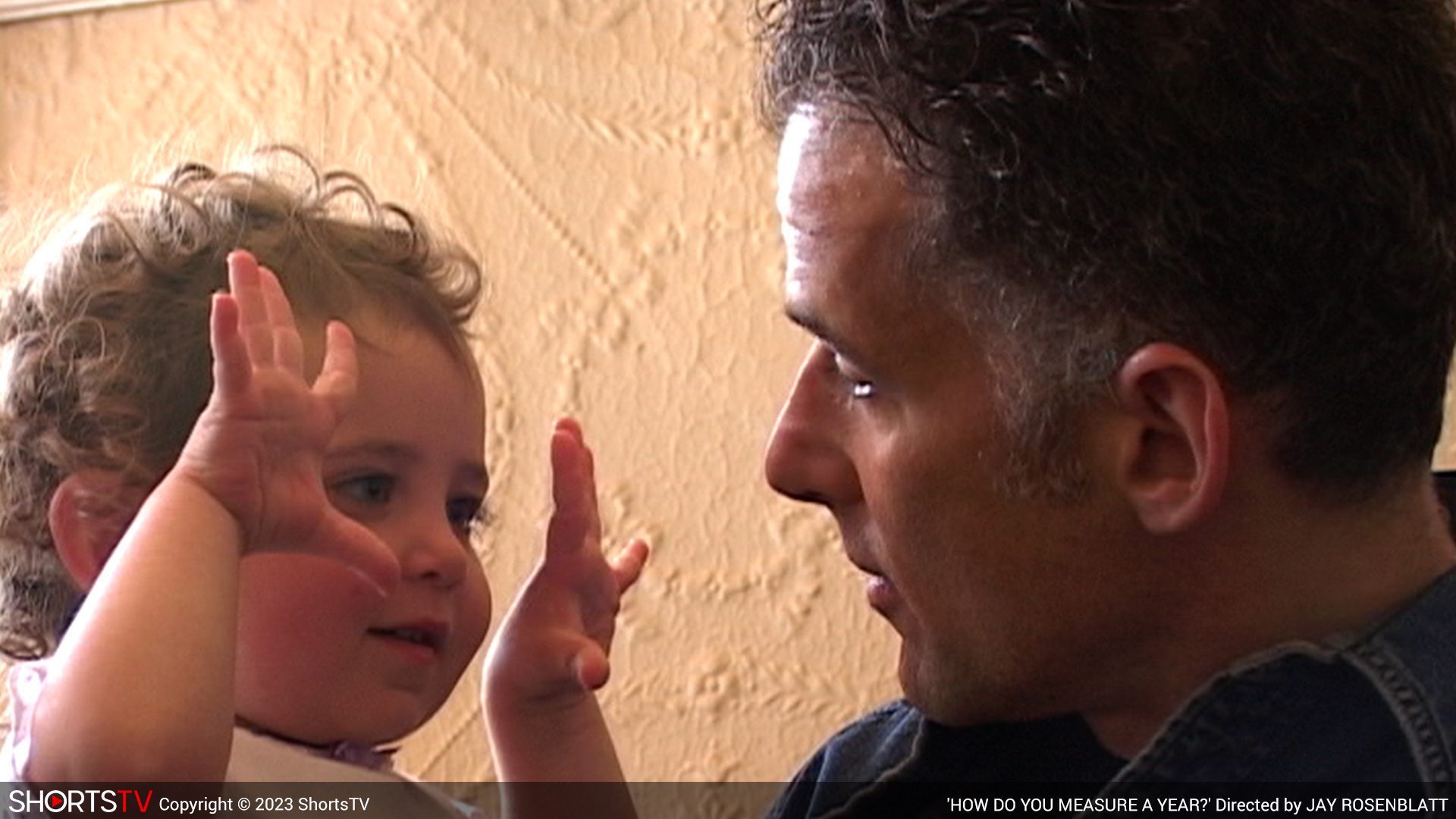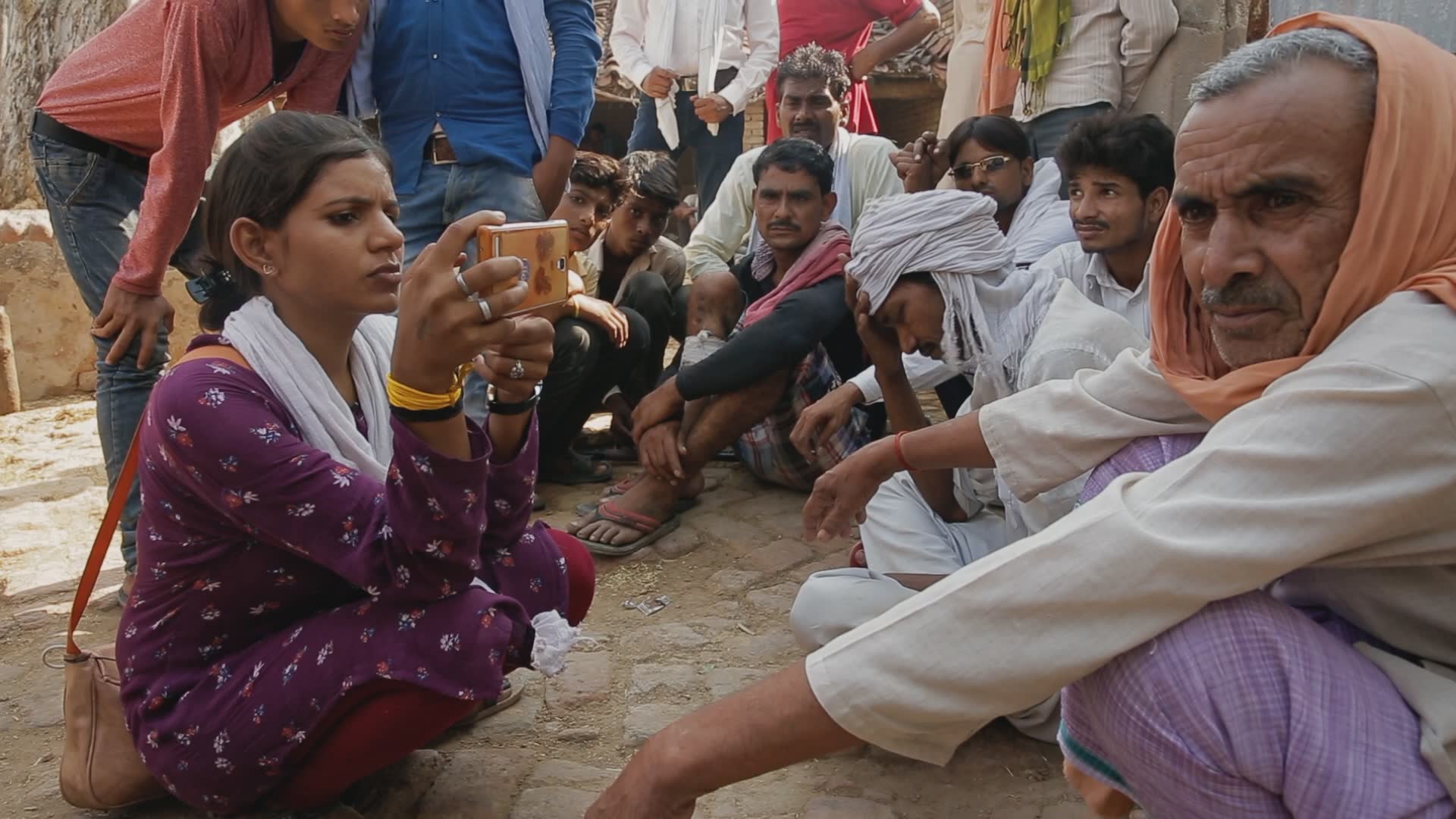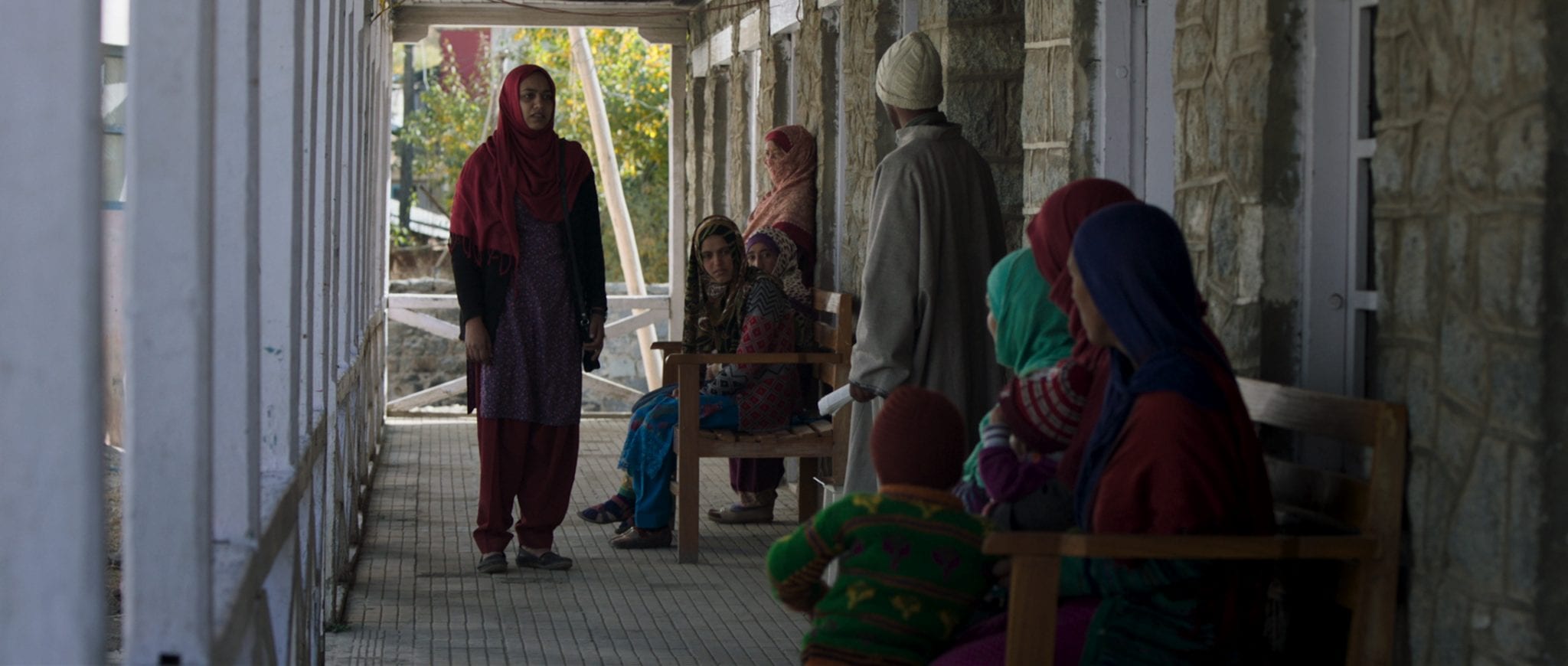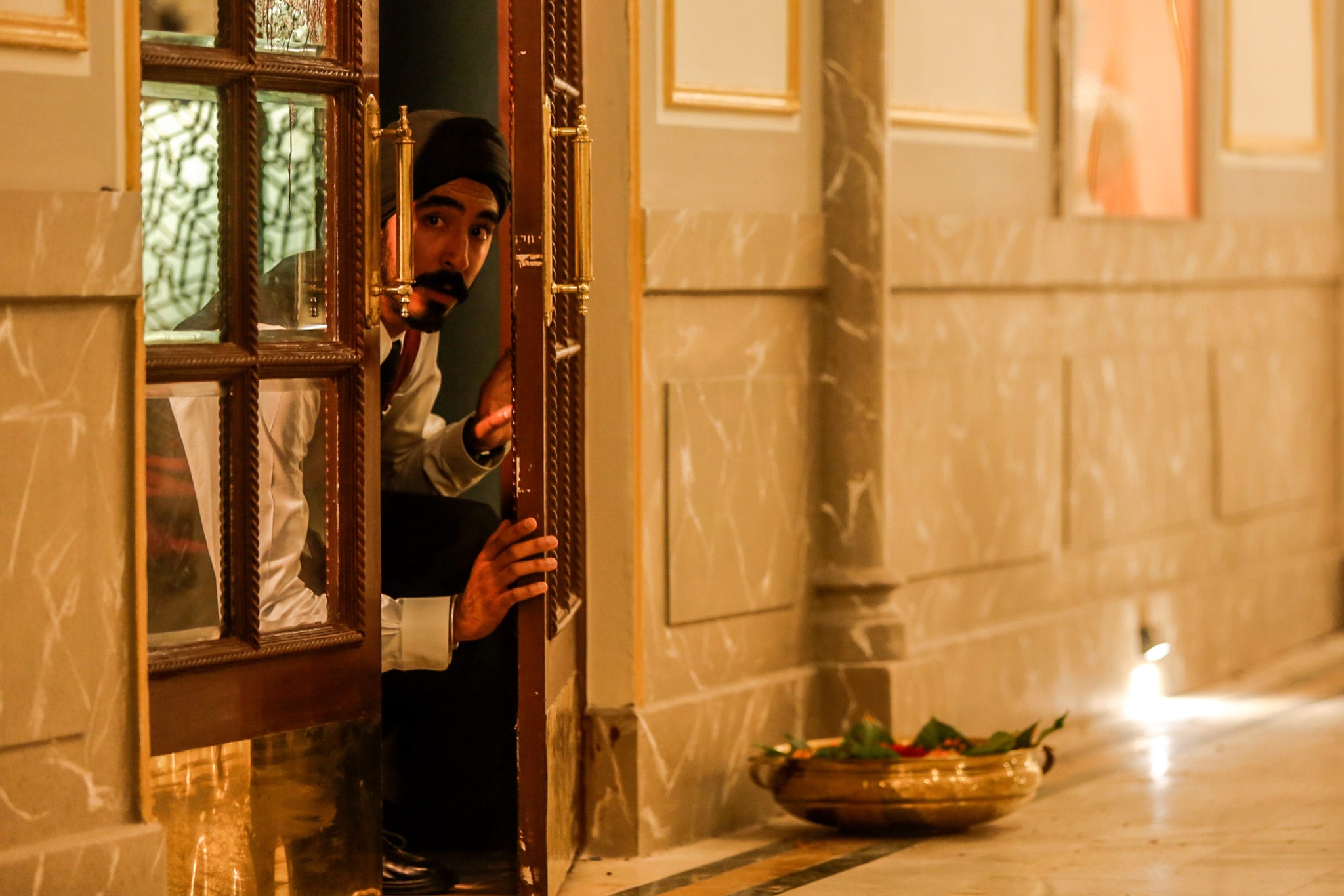Monkey Man: Out for Justice
In his directorial debut, Dev Patel stars as Kid, a man making a living losing fights in an underground fight club under the alias ‘Monkey Man’. Kid suffers trauma from his childhood, having watched his mother die at the hands of a police chief, Rana Singh. Now an adult, he plots his revenge on the…










